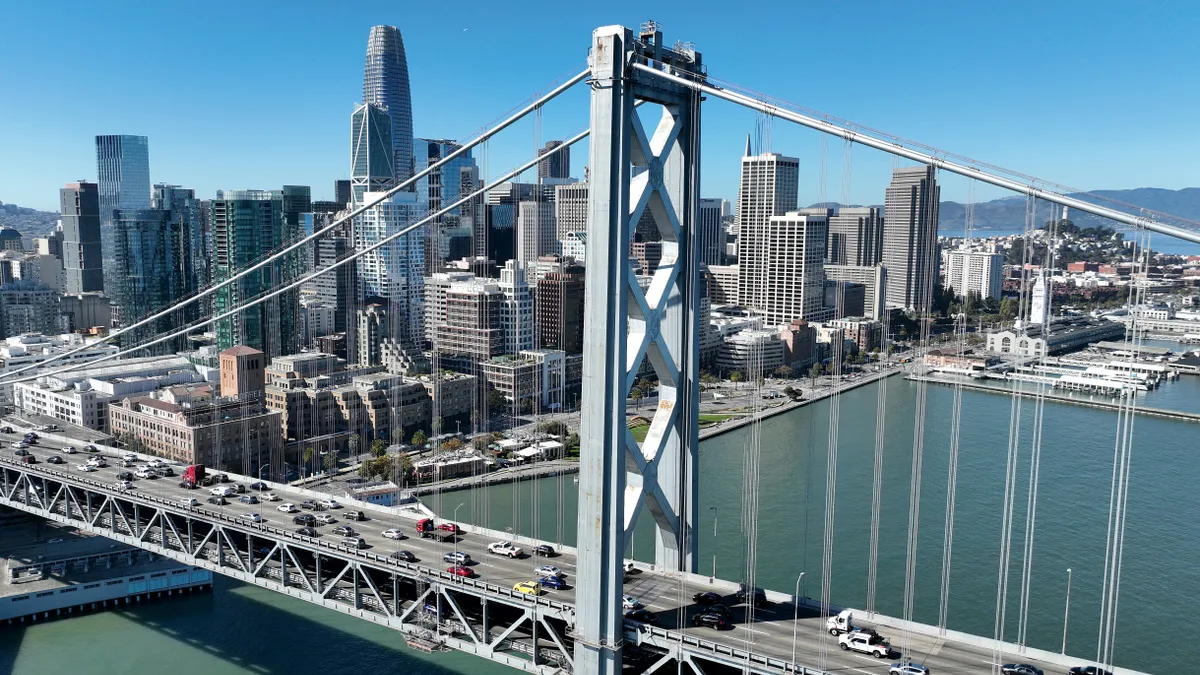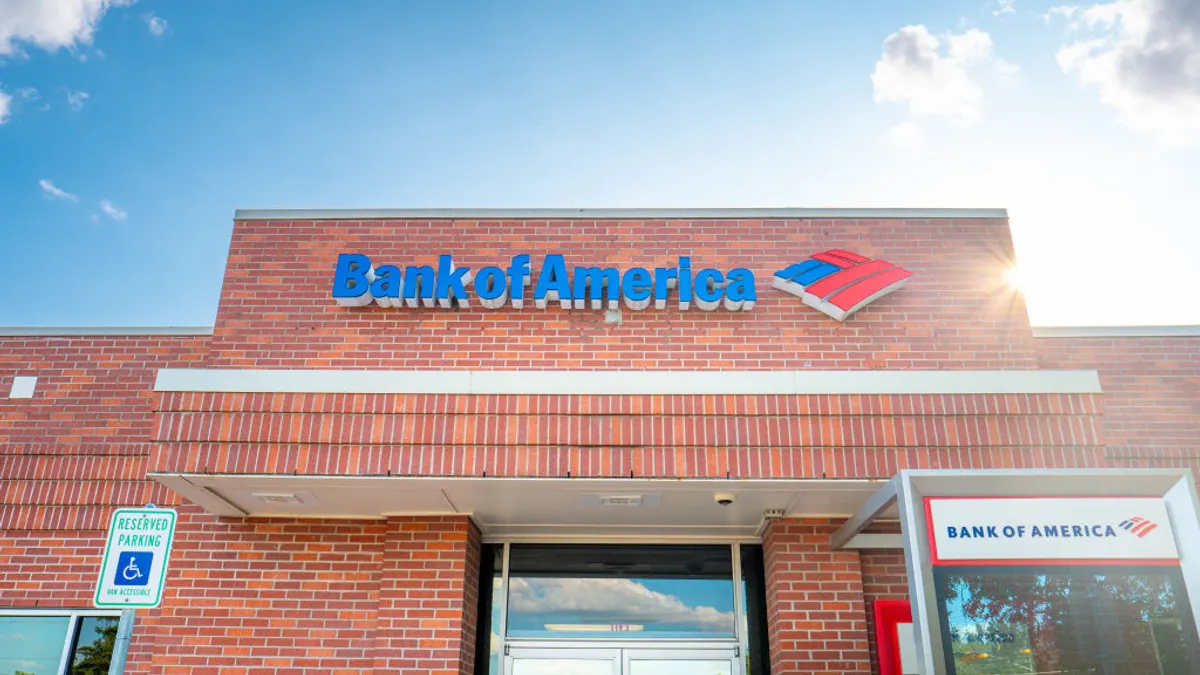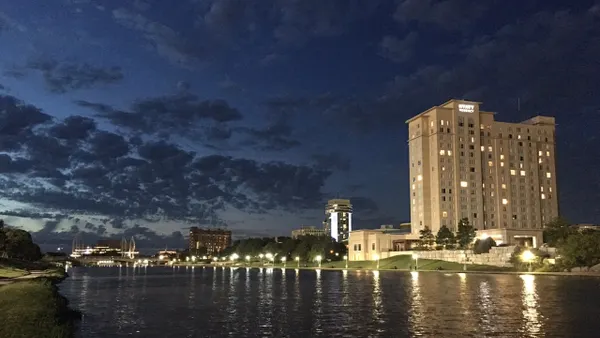San Francisco’s Board of Supervisors approved a business and governance proposal to create the first municipal bank in the country on Tuesday, CBS News reported.
The proposal outlines a plan to create a publicly-owned municipal financial corporation that would operate for three years before it converts into San Francisco’s first public bank.
The business plan details the proposed bank’s approach to establishing an entity that will lend to affordable rental housing development and affordable ownership, local enterprises and work with the city’s community financial institutions.
The application will be processed by the California Department of Financial Protection and Innovation and the Federal Deposit Insurance Corp. When approved, the capital, assets and liabilities of the MFC would roll into the bank. The plan anticipates the application and transition process to cost around $1 million.
If the proposed MFC business plan is implemented, at the end of the third year, MFC would have almost $90 million in assets, $60 million in loans and a little less than $40 million in capital. The proposal also expects to generate over $500,000 in its three years of operations.
“As we continue to chart a path to economic recovery and a sustainable economy, the plans approved today provide a road map for our city to create the first municipal public bank in the country, a crucial strategy to ensure that our city funds are used to reverse inequities, not perpetuate them,” Supervisor Dean Preston said in a statement.
The bank will also function as San Francisco’s green bank to make investments to mitigate the impacts of climate change and support initiatives to reduce greenhouse gas emissions, the proposal noted.
The recent bank failures have caused the regulatory agencies to slow down the review of de novo bank applications, thereby affecting the potential chartering of new banks, the plan highlighted.
“Given the continuing failures of our banking industry, we are stepping up in innovative ways to provide a green and equitable alternative to big banks. Our investment in the public bank protects the future of our local economy and the financial interests of San Franciscans,” Supervisor and Budget Committee and Local Agency Formation Commission Chair Connie Chan said in a statement. “We will continue to build on this momentum until we get this done.”
The plan, which took over a year to formulate, has seen community leaders, public bankers, financial experts and small business owners collaborating to offer inclusive economic development, CBS reported.
The need for a public bank in the city is due to the existing banks’ discrimination against serving some communities in the area, the plan noted. Many banks shuttered branches after the 2008-09 financial crisis and more after the pandemic resulting in fewer physical banks in many parts of the city. The San Francisco Public Bank aims to bridge the gap and serve the community, the plan said.
Christin Evans, chair of the working group, told the San Francisco Chronicle in July that the bank could help small businesses launch in the downtown area, which has been impacted by the loss of officegoers. Many businesses need startup loans of around $100,000 – an amount too small for big banks, she said.
“The [private] bank that has a million dollars to lend, they’ll put it into an oil pipeline instead of funding the deli in downtown San Francisco,” Evans told the publication.













